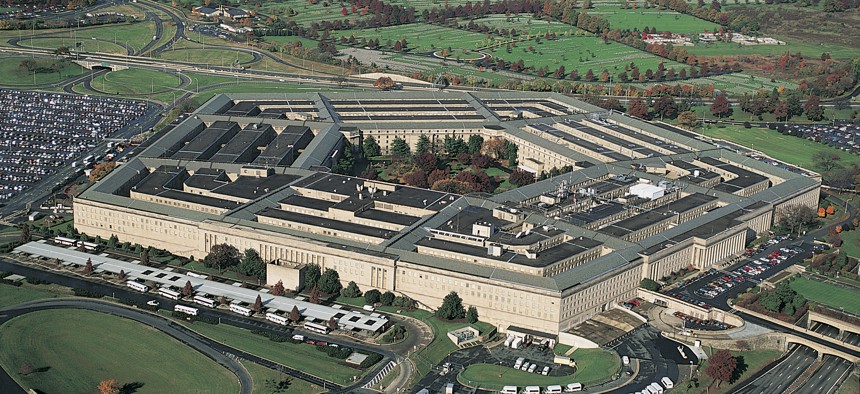2024 NDAA eyes rapid ATOs for emerging tech

Digital Vision/Getty Images
Artificial intelligence is also a hot topic within the annual defense policy bill.
The compromise defense policy bill filed earlier this week includes key emerging technology priorities, including the military adoption of artificial intelligence as a warfighter assistant.
The fiscal year 20204 National Defense Authorization Act supports $857.9 billion in defense programs. On the emerging tech front, officials from the U.S. Cyber Command and Defense Advanced Research Projects Agency will work alongside Defense’s Chief Information Officer and Undersecretary of Defense for Research and Engineering to create a roadmap and implementation plan for cyber AI warfighter solution adoption. This road map will be jointly developed with other Defense officials, and serve as guidance for five years.
AI also intersects with some cybersecurity provisions outlined in the bill. It calls for a five-year roadmap and implementation plan to quickly adopt artificial intelligence applications to warfighter cyber missions within the Department of Defense.
The bill also calls for the deputy secretary of defense to take the lead in establishing data management, AI and digital solutions "both for business efficiency and warfighting capabilities intended to accelerate decision advantage." The deputy secretary is also charged with requiring the heads of defense agencies and military services with making data available and with growing the data science and AI workforce inside DOD. The bill also tasks DOD's chief digital and artificial intelligence officer with reforming processes for rapid deployment of emerging technologies into production – essentially accelerating the authorization to operate accreditation process.
The NDAA also incorporated a House-passed provision that directs the CIO, the CDAO and the principal cyber advisor to conduct a review of the Cyber Excepted Service, Defense’s in-house program for managing its cyber workforce.
NEXT STORY: FBI to rethink troubled IT services contract
